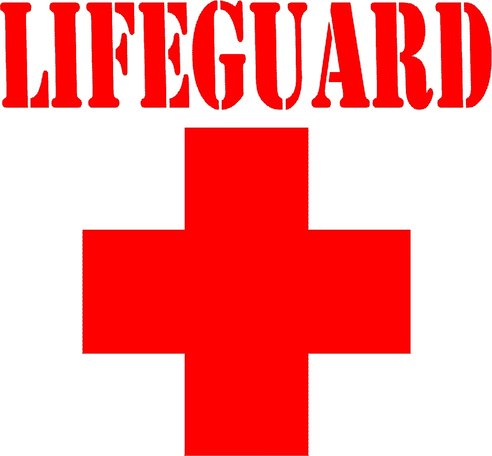I spent the five happiest years of my life in a morgue. As a forensic scientist in the Cleveland coroner’s office I analyzed gunshot residue on hands and clothing, hairs, fibers, paint, glass, DNA, blood and many other forms of trace evidence, as well as crime scenes. Now I'm a certified latent print examiner and CSI for a police department in Florida. I also write a series of forensic suspense novels, turning the day job into fiction. My books have been translated into six languages.
I would expect it to be like any other interview--they will ask about your education and experience. If there is any practical experience you have, such as lab analyses, fingerprinting, what programs you used, they may ask specific questions about that such as which software did you use, did you use a mass spec or an electron microscope, etc. If there's things you haven't done, you might say you're aware of the theory of, say, bullet trajectory analysis but haven't had any hands-on experience. That's perfectly okay, no one is an expert in everything. Best of luck!
That is difficult. An internship is the best thing but they may be scarce. First check with your guidance counselor or forensic teachers at school to see if they can help you. Then call the crime labs in your area to see if they offer any sort of intership or long-term shadowing/volunteer work. You might also check the state and local agencies--ours had community volunteers and Public Service Aides who do some crime scene work. Best of luck!
Titles and job requirements aren't uniform, so the only way to know is to call the crime labs in your area or wherever you might be interested in working and ask them. At the coroner's office we had to have at least a bachelor's in a natural science (this was before they had forensic science majors). At the police department where I am now, they only require a high school diploma but you get more points in the interviewing process for having a four year degree, so we all have one. You can also go on the websites for professional organizations such as the American Academy of Forensic Sciences and check out their job vacancy postings and see what the various positions require. Good luck.
A background in science, patience, and attention to detail.
Lifeguard
 Did you ever have to perform CPR or mouth-to-mouth on a swimmer?
Did you ever have to perform CPR or mouth-to-mouth on a swimmer?
Waitress
 What types of customers are the worst tippers?
What types of customers are the worst tippers?
Navy Officer (Former)
 What's the most dangerous situation you were ever in?
What's the most dangerous situation you were ever in?
Take all the science courses you can and visit labs that do the kind of services you’re interested in.
I am not sure that it would be possible to detect freon, particuarly the type of freon, as I have no idea what instrumentation would be used or its limits of detection or what effect contact with live or dead would have on the compounds, whether it would tend to react with them or not. I do think it's highly unlikely they would look for that as they would most likely, after the prints had been developed and photographed for the ridge detail, swab up the prints and test them for DNA from the person who left the prints. That process would be designed to detect DNA and nothing else. I suspect these results would come from a magical movie 'Batcomputer' that can tell you every single thing about anything on the planet you drop into it.
Sure, I'll email you.
-OR-
 Login with Facebook
Login with Facebook (max 20 characters - letters, numbers, and underscores only. Note that your username is private, and you have the option to choose an alias when asking questions or hosting a Q&A.)
(A valid e-mail address is required. Your e-mail will not be shared with anyone.)
(min 5 characters)
By checking this box, you acknowledge that you have read and agree to Jobstr.com’s Terms and Privacy Policy.
-OR-
 Register with Facebook
Register with Facebook(Don't worry: you'll be able to choose an alias when asking questions or hosting a Q&A.)